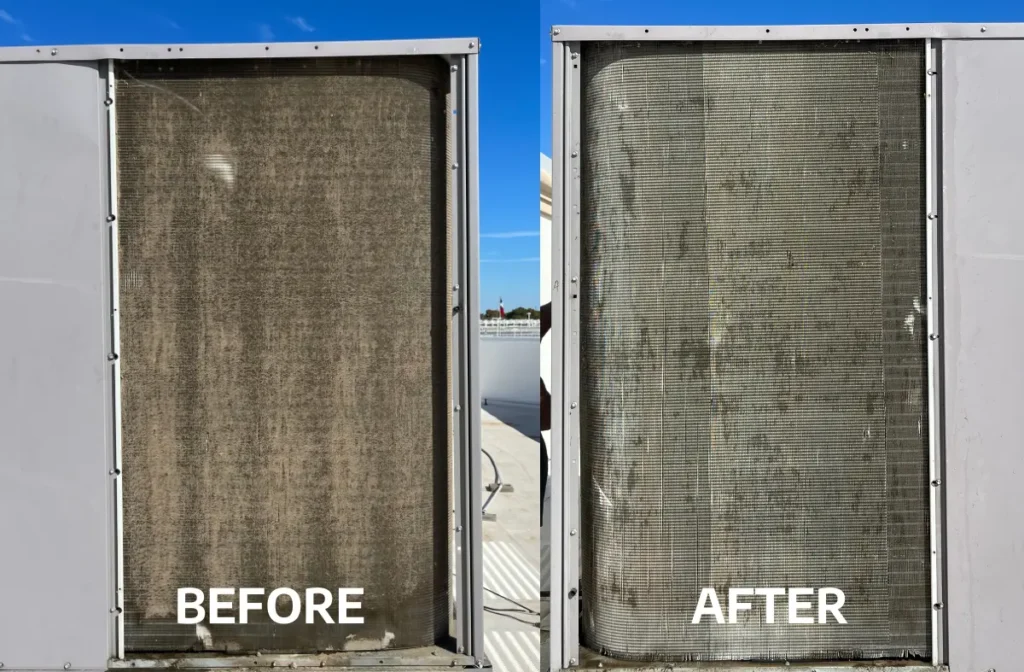

When it comes to cooling and heating our living spaces, two popular options often come to mind in Texas: air conditioning and heat pumps. While both systems aim to regulate indoor temperatures for our comfort, they operate differently and possess distinct characteristics.
The type of unit you choose depends on many factors. Though both types of units control climate, the best choice for your home depends on several factors. Here are four side-by-side comparisons to consider when selecting the best equipment for your home.
Air conditioning systems cool indoor spaces. They extract heat from the indoor air and transfer it outside, resulting in a cooler and more comfortable environment. The cooling process happens through the circulation of refrigerant, which absorbs heat from the indoor air and releases it outside through a condenser unit. These systems require a separate heating system, such as a furnace, for heating during colder seasons.
Heat pumps are versatile systems capable of cooling and heating. They use a reversing valve to alter the refrigerant flow, allowing them to extract heat from the outdoor air (even in cold temperatures) and transfer it indoors for heating. This process reverses in warmer months for cooling.
Advancements in technology have led to the development of more energy-efficient air conditioning units, helping reduce electricity consumption. Older models may use more energy, but there are other ways to increase the efficiency of your HVAC system, such as scheduling regular service.
Heat pumps are known for their energy efficiency. Instead of generating heat, they move heat from one location to another. Compared to traditional systems, heating requires less energy because the pump uses heat from the outdoor air.
Air conditioning systems are ideal for areas with predominantly hot climates where cooling is the primary concern. Many Texans run their air conditioner for at least six months out of the year, if not more. Air conditioners excel at lowering indoor temperatures and maintaining comfortable living conditions during scorching summers. Texas also experiences winter weather, so remember when temperatures start to cool, a separate heating system is necessary.
Heat pumps are well-suited for climates that experience both hot summers and cold winters. They offer the convenience of cooling and heating, making them an attractive option for year-round temperature control. The fluctuation from extreme heat to freezing in Texas means heat pumps may be ideal for some North Texas residents. Heat pumps can efficiently extract heat from the outdoor air, even in sub-freezing temperatures, though their efficiency may decline as the temperature drops significantly.
Air conditioning systems are relatively straightforward to install. Typical installation involves placing an indoor unit and an outdoor condenser. Installation cost depends on several factors, such as unit size and setup complexity. Since air conditioners focus solely on cooling, installation costs may be lower than heat pumps.
Heat pump installations are more involved and expensive as they require indoor and outdoor components. Long-term energy savings and system versatility often offset the higher initial investment.
The Inflation Reduction Act offers incentives for energy-efficient improvements to your home. You may qualify for rebates or tax credits when you upgrade your air conditioner or heat pump. Ask your Southern Air technician about available rebates or programs that may provide significant savings.
If you still aren’t sure which option is the best for you, ask the experts at Southern Air Mechanical. We know Texas air conditioning and heat pump options inside and out and will work with you to determine which is best for your climate control needs.



(817)447-8247
info@southern-air.net
Open 24 hours
Mon - Fri: 7am to 4pm